The new year is often a time for people to pause and reflect on the past year and consider things they’d like to change. This leads to new year’s resolutions, which frequently include health-related outcomes. Right about now, however, resolve to keep these resolutions starts to get a bit shaky.
Some of the most common new year’s resolutions are losing weight, eating better, exercising more, and engaging in more self-care. Anyone who belongs to a fitness club knows that January is the busiest month of the year, but the crowds start to thin out around mid-February, if not sooner. By that point, most people have given up on their new year’s resolutions and the steady gym members get their favorite machines back.
The bad news is the failure to implement the healthy lifestyle changes your employees were working on might have adverse effects on their mindsets. By the end of February, if they’ve abandoned their new year’s resolutions, they’re back to their old habits, picking up fast food at lunch, downing cans of soda, and probably feeling bad about themselves.
The good news is that you can help them turn things around. Maybe they need a little extra encouragement and support to follow through with their new year’s resolutions, both of which you can provide to them with a bit of effort.
















